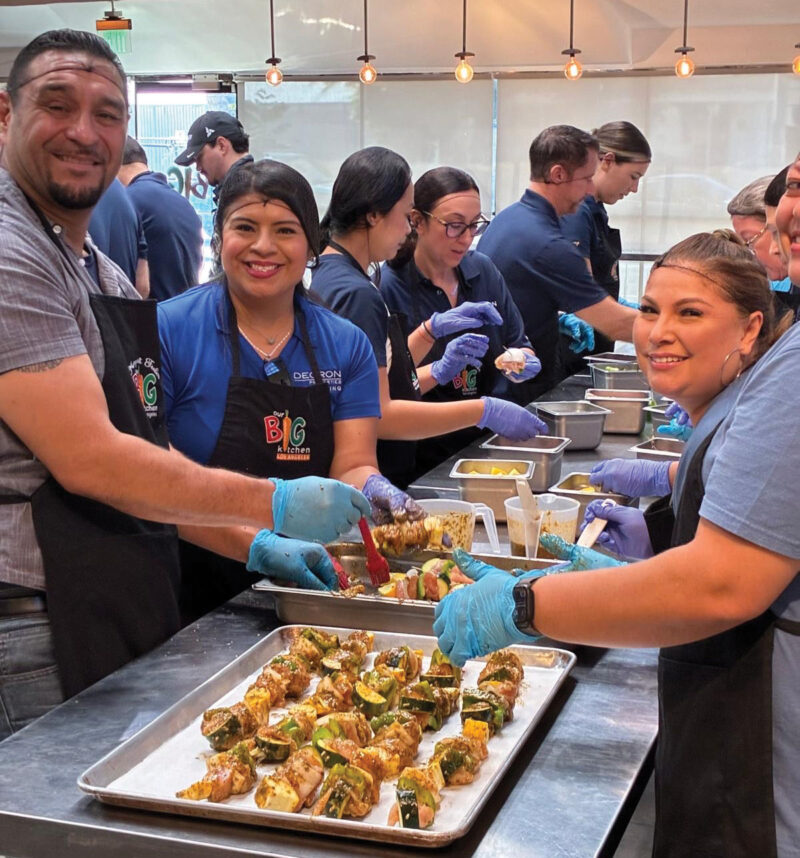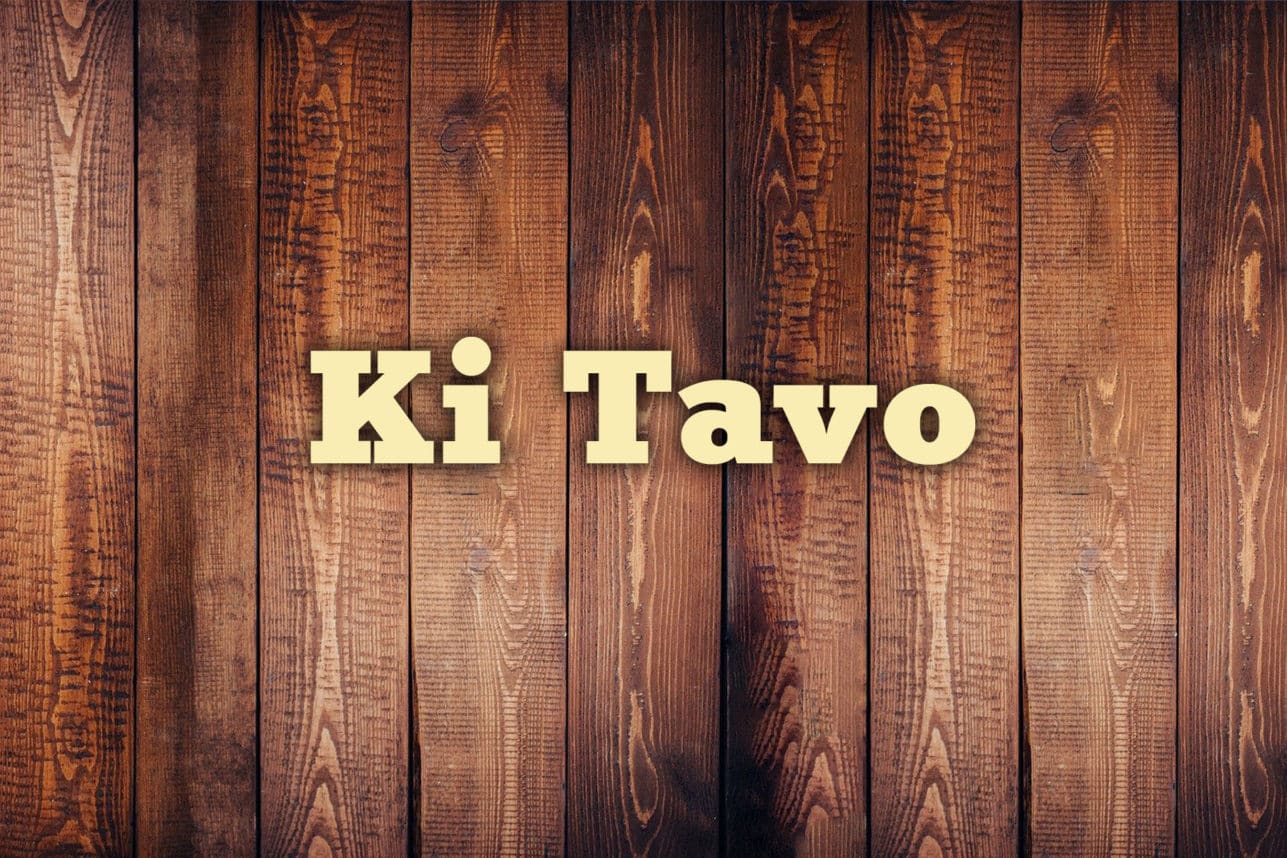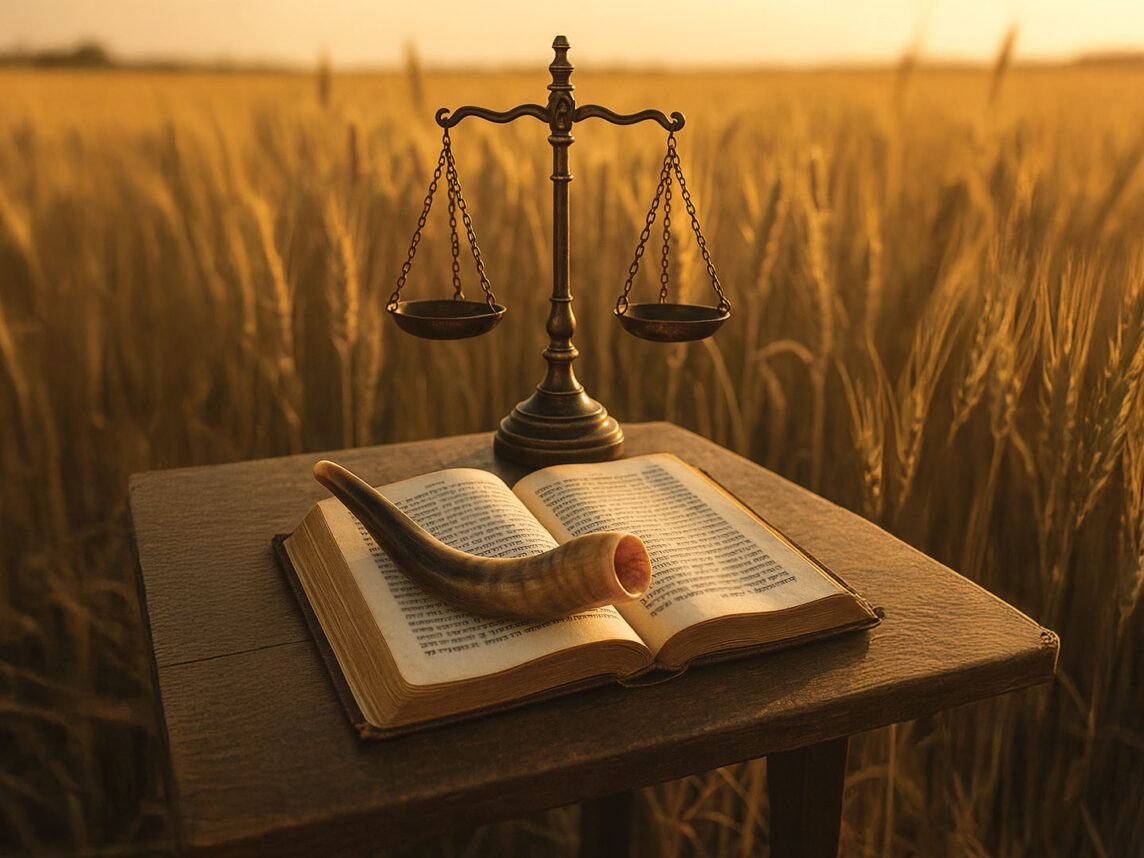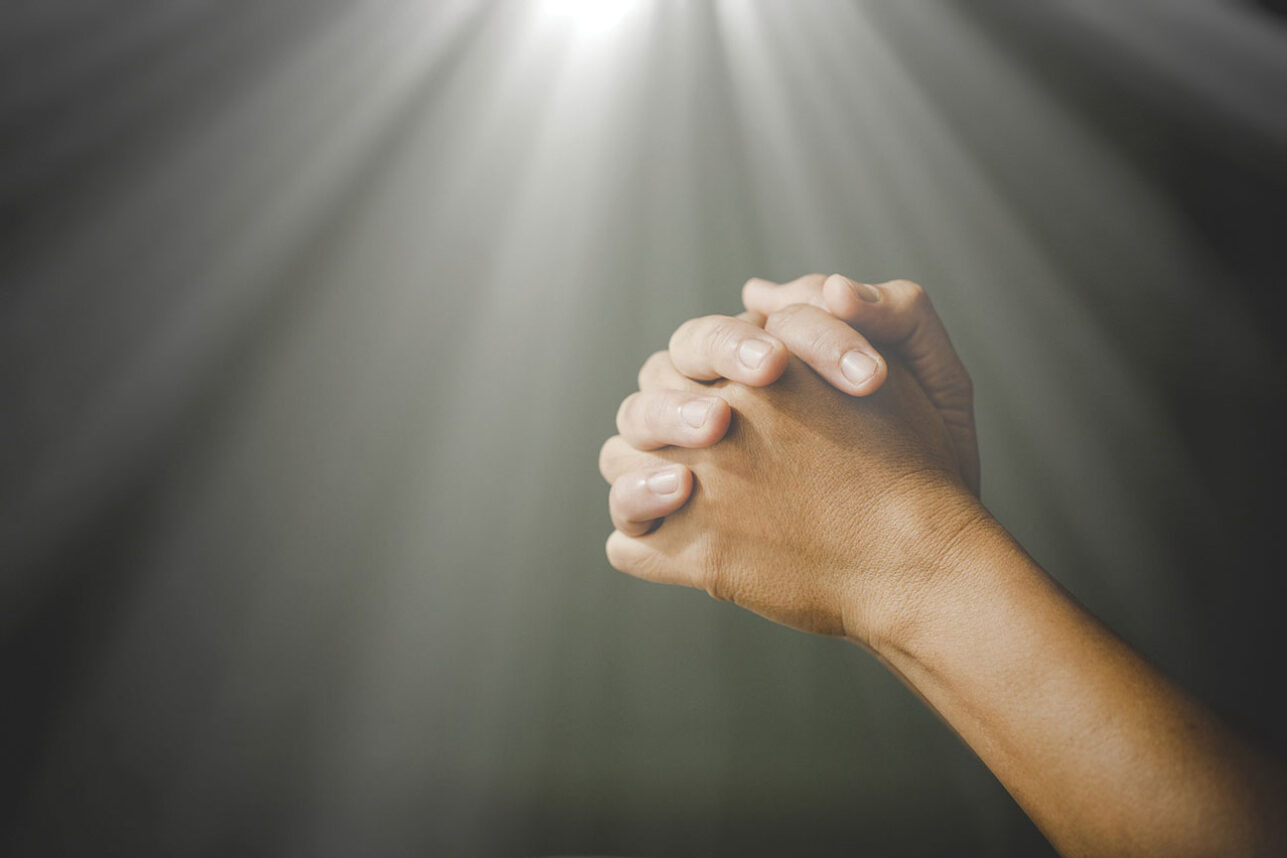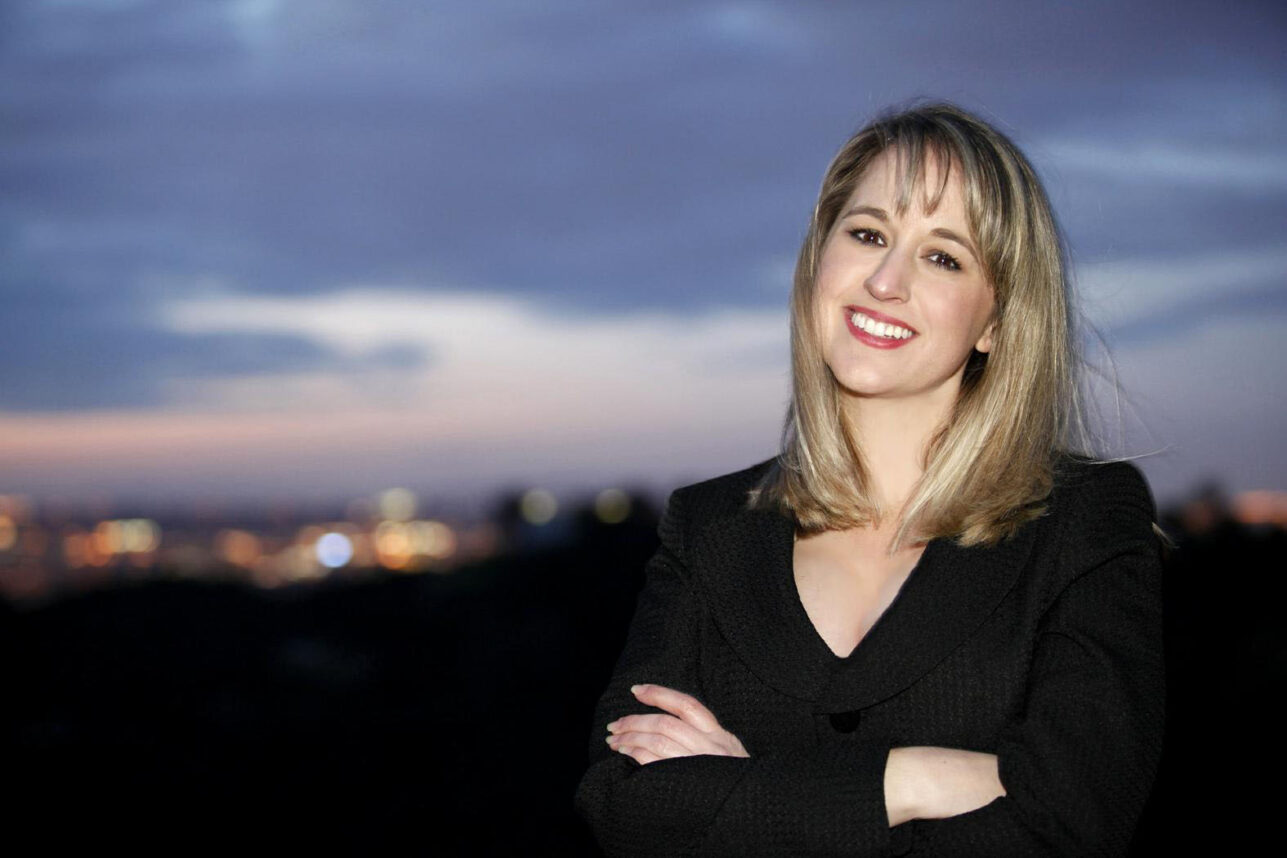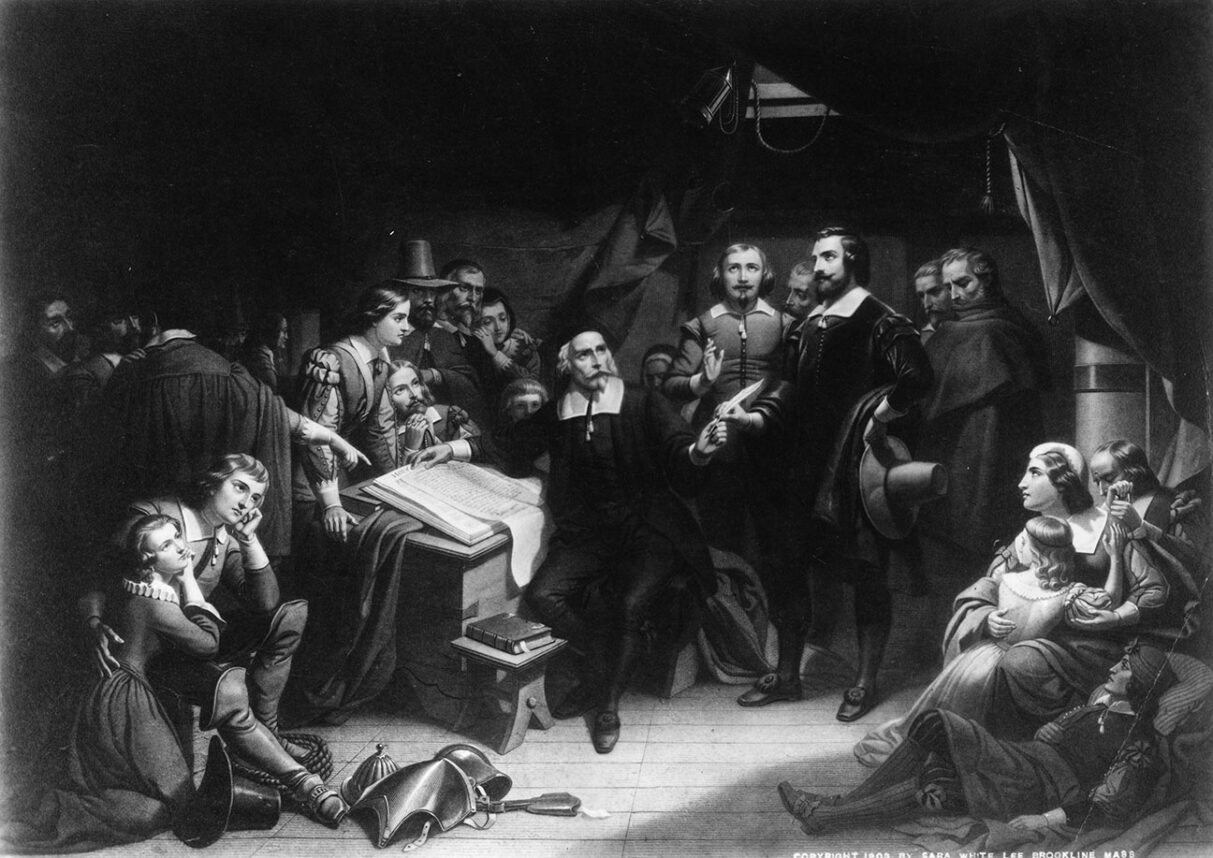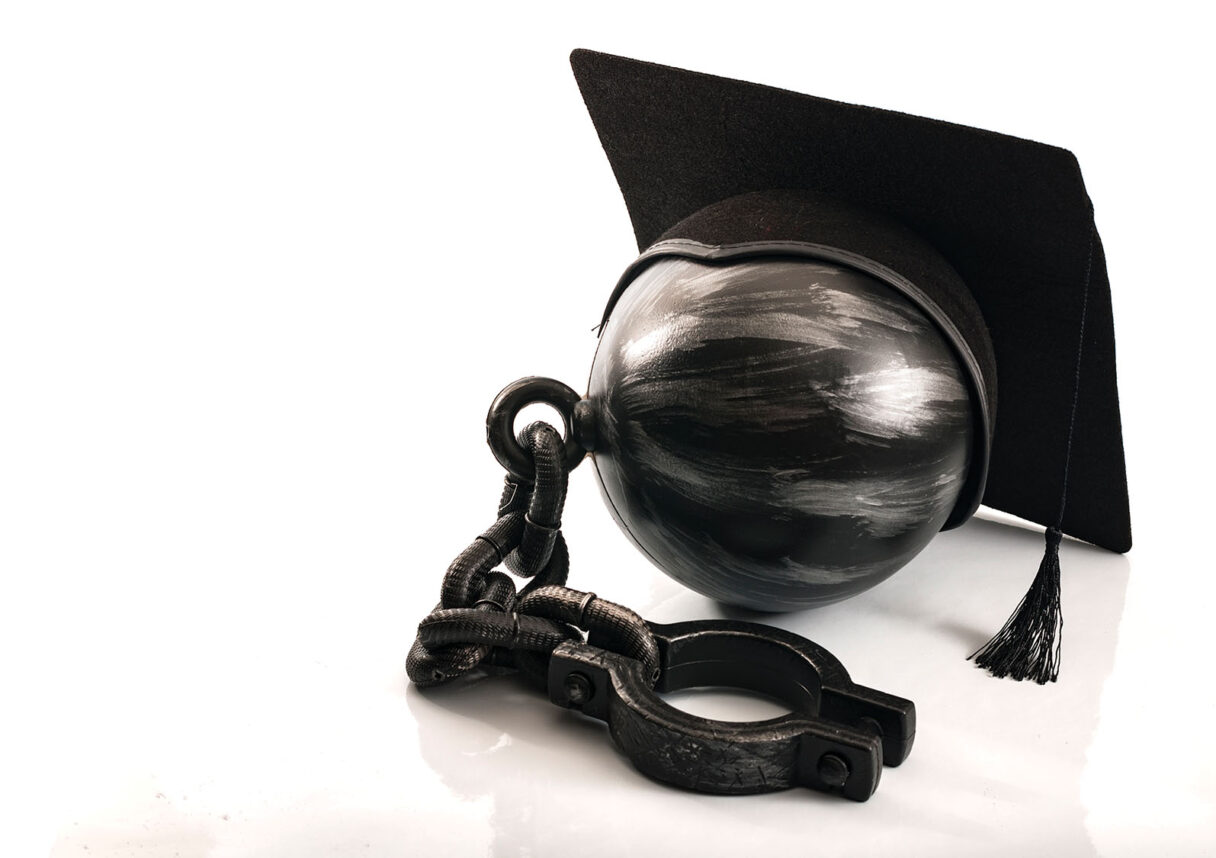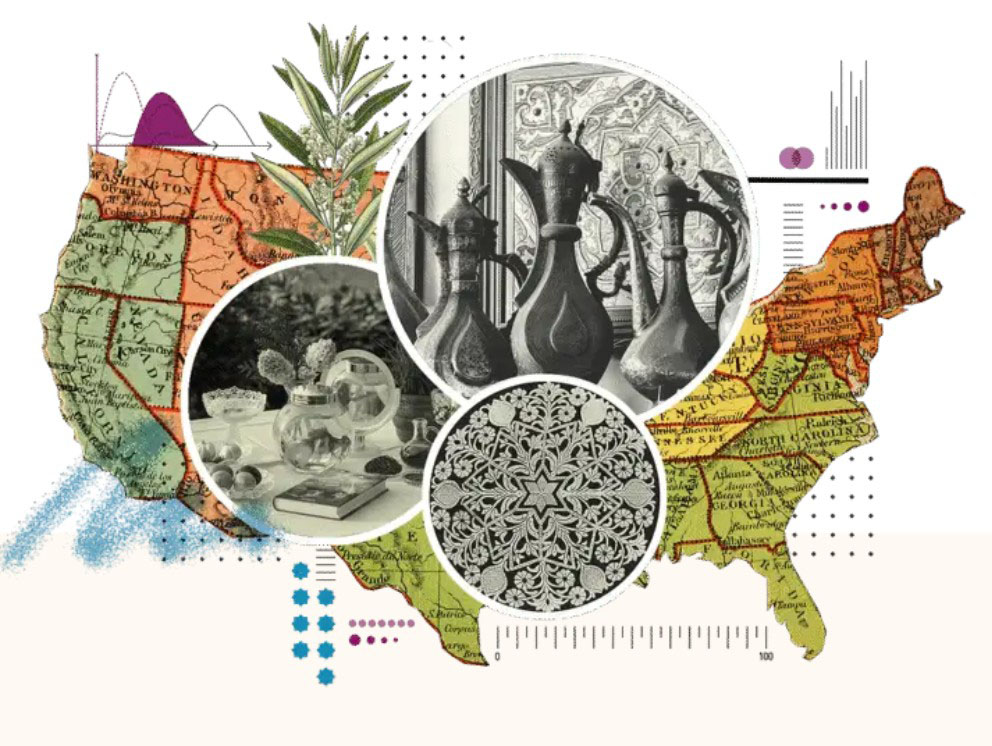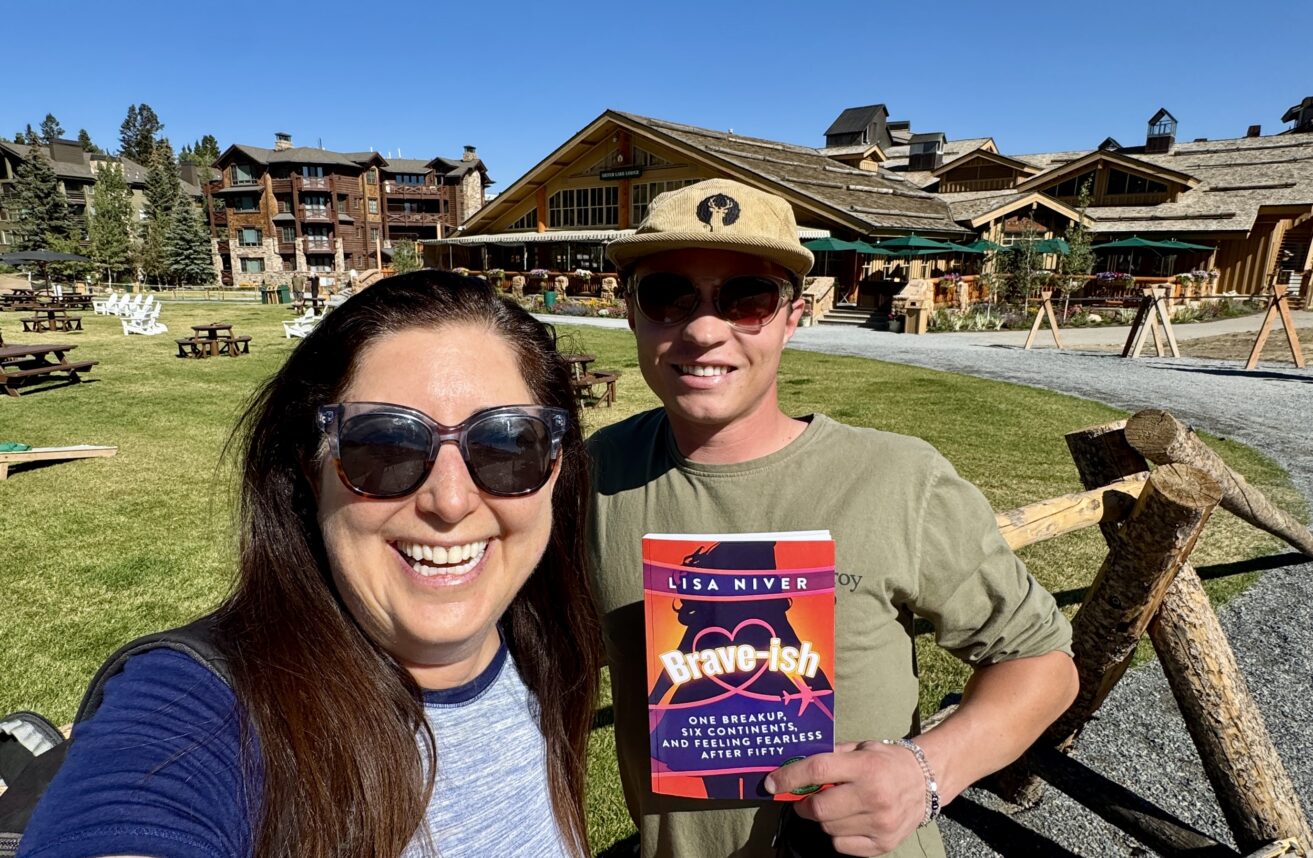
We have a simple, but wonderful tradition on the Sabbaths between Passover and the Days of Awe – the study of Pirkei Avot, “The Sayings of the Fathers,” one chapter per week. As I study Pirkei Avot at this time of the year, the Days of Awe hover in the background. As my inner preparation for the Days of Awe coincides with my study of Pirkei Avot, unexpected connections emerge.
Before I discuss how my preparation for the Days of Awe has affected my studies of Pirkei Avot, I’d like to discuss what inner preparation for Rosh Hashanah involves. This year, I am focusing on three things. First, a Hasidic teaching. Hasidism is concerned with the inner life dimension of Judaism, and this inner life dimension of Judaism uses a play on the term “Rosh Hashanah,” “The Beginning of the Year.” “Shanah” means year, but the word root “shanah” also has the sense of “change.” One of the Hasidic teachings on the holy day takes the word “shanah” and puts it into a different verb form and gives us “hishtanut” – inner change, transformation. Rosh Hashanah takes on the meaning “The (re) Beginning of Transformation.”
Transformation of what into what? When I teach this, I ask people three things. First, where is your pain? Are you disappointed with yourself, with others, with how life has turned out, all three? Are you confused by yourself, others and life itself? Sometimes meaning and purpose are as bright as the morning star, but sometimes they become ghosts and haunt us, begging for a revival of the dead. Our lives lose meaning. All we see is a dead end, literally.
Life changes, sometimes dramatically – sometimes for the good but sometimes unbearably. Part of life is suffering. We can suffer with wisdom, or our suffering can double in upon itself. Without transformation, our suffering can anchor us in a tempest sea.
Second, I ask, knowing that I must transform, is how? One answer to how we transform is to see our sacred calendar as filled with teachings, each holy day calling to us with a unique teaching waiting for us. One of the main images of Rosh Hashanah is the courtroom. Imagine — you have a court date. Everything you have done, every falseness you have tolerated, every mirror you have refused to look at, waits for you. The Book of Remembrance has recorded it. Complete honesty will be required of you. Your self-serving narratives won’t do. The Judge will see through all of them. Your only chance is to tell the truth.
Third, what I am willing to do in order to transform? The only correct answer is, “Whatever it takes.” Rosh Hashanah has us seek deeply, honestly and courageously and confront the pain, the loss and misdeeds and return to the path of the good and true. If your heart does not break doing this work, then perhaps we first break down our hearts of stone. Moral and spiritual transformation require an inner breakage.
We are in a time of transformation. To transform, we must know where and what the pain is. We have to be willing to do what it takes. Our tradition guides us. One guidance is: you have a court date. Truth is required.
With all this and much else on my mind, I was again studying Pirkei Avot chapter one, and encountered this passage from Pirkei Avot 1:6.
“Aseh l’khha rav, k’neh l’kha chaver, ve-hevei dan et kol ha-adam l’chaf z’chut. These words are difficult to translate into sensible English, but here is a rather literal attempt:
“Make for yourself a Rabbi, a teacher, create for yourself a friend, and judge each person favorably” meaning, toward the balance pan (the little cups on a balancing scale) of innocence.
What does this have to do with the Days of Awe?
Make for yourself a rav (a rabbi, a moral and spiritual authority) can mean turn the Days of Awe into a rabbi, a teacher, a special kind of moral and spiritual authority in your life. Your rabbi-the-calendar has a special teaching for you, waiting for you.
Let’s take this a little deeper. We would expect the text to say, “find yourself a Rabbi.” Instead, the text has a “make for ourselves a rabbi.” Following the guidance of a moral and spiritual teacher does not mean attending a class and gathering information. We don’t have to find this Rabbi; there is a date on the calendar looming. You have a case number. You don’t even have to show up. Eventually, the court will send out a bench warrant, in the form of unnecessary suffering. The court will find you.
How do you make a date on the calendar into your rabbi? You must take responsibility and make that relationship with sacred calendar into one of what Martin Buber would call an I-Thou relationship. We can’t stay aloof and indifferent to the Days of Awe seeking out our souls. The teaching for us comes from the soul of the universe, the creator of all souls, and must be taken into our souls. We must be fully present, we must cultivate awe and reverence. We must be prepared to allow the teaching to light up darkened places in our inner chambers into which we would prefer not to see. To “make for yourself a teacher” means you must initially make yourself into the kind of person who can receive a teaching, absorb a teaching and be transformed by a teaching.
If the Days of Awe are to become your teacher, you must study their meanings in ways that rattle you, shake you. One spiritual teaching of Rosh Hashanah is this: Return to that which you have not yet not been. Live the inner truth that is evading you. Study the teachings as you would study poetry, perhaps starting with Leonard Cohen’s “Book of Mercy.” Imagine: you have not yet begun to live your life; you’ve been wearing a mask, a disguise. Take the mask off when you enter the court
Beyond the spiritual teachings of truth and authenticity, Rosh Hashanah also contains the theme of a moral law — a law always present but often ignored. Would our lapses in morality and character be less frequent if we were acutely aware of a moral law hovering over us? Perhaps, but even if not, I am reminded of a teaching I heard in my youth: Even if you transgress, at least admit it to yourself. Admit weakness, but don’t pretend that moral and spiritual laws don’t exist. Feeling the guilt of wrongdoing won’t change you right away, but even guilt is a kind of knowledge — the knowledge that the moral law exists.
“Create for yourself a friend” is a very complex idea, when understood as a spiritual psychological idea. Many spiritual traditions (for example, in the poetry of Ibn Gabirol and Rumi) have the idea of an inner friend, a constant companion that teaches us, guides us, consoles us and functions as a touchstone for our spiritual core. We can dialogue with a knowing and loving inner presence, an expansion of the self that connects us with a heart not yet divided. The inner friend is our knowing heart and reminds when we forget to speak truth in our hearts, when we forget who we are, when we forget to be and not just trudge toward death. Our inner friend must be coaxed and evoked. Create for yourself your inner friend.
“Judging others favorably,” tipping the balance scales to the cup of favor, is a difficult practice, but sometimes life-changing. Maintaining the moral high ground of resentment of having been wronged is a profound temptation. Our tradition requires us to consider at least two things.
“Judging others favorably,” tipping the balance scales to the cup of favor, is a difficult practice, but sometimes life-changing. Love of self does not mean that you are whole with everything that you think, feel and do, but rather that you experience your intrinsic value as a human being.
First, we might be wrong in any dispute, from the interpersonal to political. We are not omniscient. This assumption, that we might be wrong, is the basis of the interpersonal procedure of holding another to account. At the interpersonal level, don’t start with your judgment; first get the “police report” – get their side of the story before you judge. Presume innocence. Judge others favorably unless you have evidence of wrongdoing beyond any reasonable doubt. Admittedly, this practice is very difficult. Inner resistance prefers that we be judgmental over cultivating good, reasoning moral judgment. We have a strong temptation to hold on to the moral high ground and see others as deficient, as “not okay.” Allow your inner friend to wrestle you down from that barren and toxic hilltop of judgmentalism. Talk something through before you judge.
The truth seekers of the Days of Awe will inevitably run into the following problem: others often don’t want to, or don’t even know how to talk things through. Others often prefer to be judgmental without facts, pretend to omniscience, hide, deny, be defensive, do anything but be willing to held to account. In the face of such people (not limited to our own spouses, parents or children), we have existential choices to make, beginning with this truth: Ultimately, on the Days of Awe and evermore, it doesn’t matter what others do; what matters is the kind of person we want to become.
Do we want to engage in the fruitless-to-destructive endeavor to try to persuade a resistant person to do, not do, understand, realize or be aware of anything? I hear people say, “but they must realize . . .” The bad news: they might refuse to realize. Or may you don’t realize. Maybe you are the one out of touch with reality. Maybe you are the one avoiding a reality so difficult to accept that depressing or angering is your only recourse until you allow your Teacher and your Friend to talk you out of it, walk you down from your hollow mountain being right over being a person of truth.
The Days of Awe reach way down below our straightening others out, down to the plumb line of the metaphysical straight, right and true, the ends of which are held in heaven and the depths of our souls. Straighten yourself out before you want to straighten out anyone else.
The second aspect of judging others favorably in interpersonal relationships is even more difficult, perhaps only achievable if we strive for moral and spiritual excellence. At the interpersonal level, even if we were wronged, it is likely that the other person was suffering from inner life stresses that either made us their toxic object, or perhaps we were just on the stage of their life when they were in a particularly bad place.
People rarely start out organizing their lives around wronging you. Their anger and resentment is evidence of SEGO – something else going on. It is profoundly difficult to not to take things personally when their words and deeds are aimed directly at you, personally. Yes, you have to protect yourself, rationally and skillfully, but we must also empathetically understand others. Angering at your child for being out of compliance with some demand of yours (“write that report on the textile industry in Rhode Island, now!”) is the low way; understanding another person’s resistance and helping them gain insight is the highway.
Empathetically understanding another person does not excuse them from actual wronging — they still need to apologize and make good — but empathetic understanding does help us profoundly in working through our resentment, our own inner toxicity. Of course, we need excellent skills in dealing with others who wrong us, but these are skills that can raise the value of our character.
Judging others favorably is the prerequisite for working anything through. We ought not start with our conclusion. We start with the wonderful state of not knowing.
And even if at the end of working through, it becomes clear to all that one party has wronged another, we don’t rest in the glory of knowing that another person is deficient. You have a court date coming. Your falling short of the standard will become clear enough very soon.
I believe “judging others favorably” even extends into judging ourselves. When we can get to fearless, courageous straightening of ourselves, there is a danger of falling into self-hatred. ‘Loving others as yourself’ seems to imply that love of self is required. Love of self does not mean that you are whole with everything that you think, feel and do, but rather that you experience your intrinsic value as a human being — in religious language, we experience that we are loved by God. “Judge others favorably” includes when we encounter ourselves as other, as a stranger in the world of value that we are trying to create.
What about the political dimension? I live in Israel, the Jewish state, where it seems that nearly anyone with a platform falls short of Jewish values, especially people who should know better. People anger, libel, slander, are judgmental, commit lashon hara (use destructive speech) and claim to have unique insights into the inner motivations of others.
After a few moments of reasoned discussion (if you can get that far), people walk back their outrageous, inflammatory metaphors and admit they have misstated the facts when you whip out your smart phone, and if they can withstand the inquiry, admit that here and there they are bereft of rationality and wisdom. (I’ll never forget when a person who told me that the freedom of the press had been abrogated. I asked how they knew. “Oh, I just read in the news.”)
All this makes me very sad, but sometimes I make myself saddest of all. I watch my thoughts and feelings (by this point in life — I’m like 70 years old — my words are reasonably under control), and I ask: when will my inner life be in compliance? I don’t know when that will be, but I know I have a court date coming up, and after that, a searing day of confession. I am ready to do whatever it takes to become the self, waiting for me just beyond the horizon. I am ready to allow my teacher and my friend to break my heart of stone, to build from the fragments of stones a staircase to a life of truth.
Let the Days of Awe be your moral authority, cultivate the inner voice that can ground you in your spiritual center, work things through before you tip the scale, and work toward emphatic understanding of others.
Our life story will begin to feature a moral hero, walking out of a courtroom a changed person.
Rabbi Mordecai Finley is Rabbi of Ohr HaTorah Synagogue.









